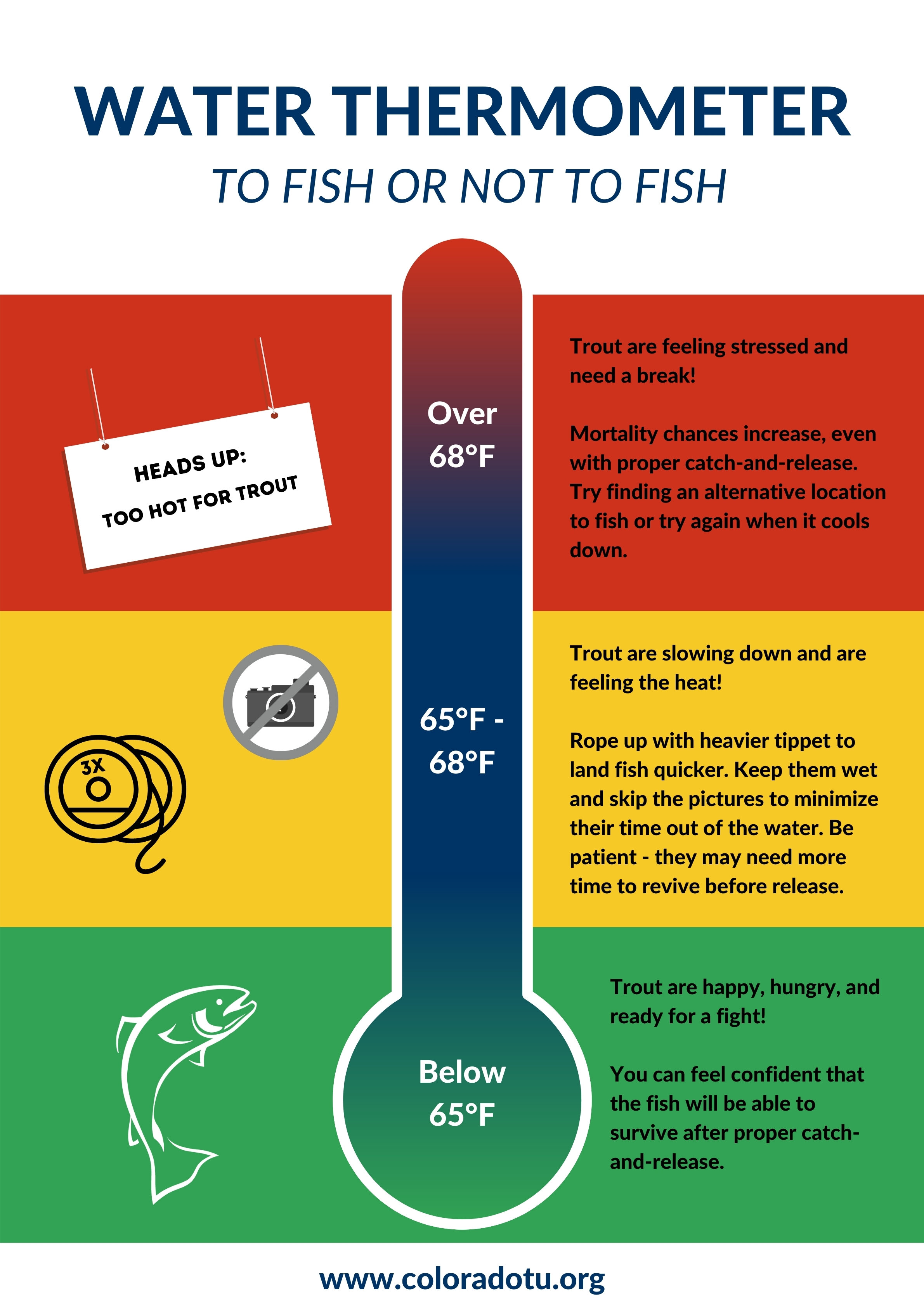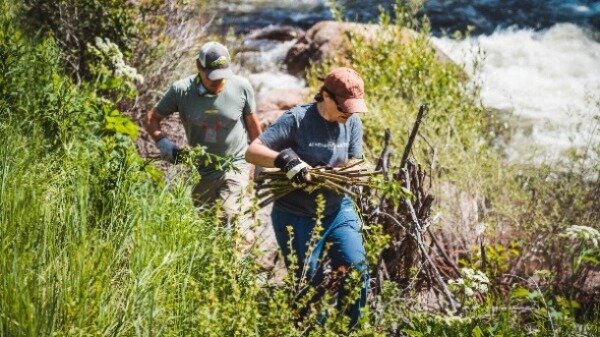On May 25th, the US Supreme Court issued a ruling sharply curtailing Clean Water Act protections for wetlands that are vital to healthy and functioning watersheds. While not directly addressed, the decision also appears to put streams that don’t have year-round flow at risk of losing Clean Water Act protection as well.
Ruling in Sackett v. EPA, the court limited Clean Water Act protection for wetlands to those with a “continuous surface connection” to other “Waters of the United States,” which will remove federal protections for the majority of the nation’s wetlands. Earlier rulings had protected any wetlands with a “significant nexus” to Waters of the U.S., and for decades the Clean Water Act has covered wetlands that are “adjacent” to those waters. In the case in question, the court found that a landowner did not need a federal Clean Water Act permit to fill in a wetland lacking a “continuous surface connection” to a water body flowing into Idaho’s popular Priest Lake that provides important cutthroat trout habitat.
“We are disappointed with the Supreme Court’s ruling. The court has severely eroded a 50-year national commitment to clean water, and misses the obvious point that wetlands are often connected to streams through subsurface flows,” said Chris Wood, president and CEO of Trout Unlimited. “The ruling is a victory for muddy thinking, and directly compromises the stated purpose of the Clean Water Act—to make our rivers and streams more fishable, swimmable, and drinkable.”
The ruling is the latest in a decades-long debate over which streams, rivers, and wetlands should be protected by the Clean Water Act. In 2015, Trout Unlimited and our partners backed the Clean Water Rule, which was grounded in science and would have confirmed protections for small “ephemeral” and “intermittent” streams, headwaters, and wetlands. That rule was blocked by the courts, repealed by the Trump EPA, and briefly replaced with the Navigable Waters Protection Rule, which offered weaker protections for small streams. In findings published in a peer-reviewed journal, TU showed that half of all waters in the contiguous United States would have been unprotected under the weaker Navigable Waters Protection Rule. The loss of protection is especially worrisome in more arid western states, like Colorado, where many streams do not maintain flow year-round.
The EPA finalized a new rule in March, which reinstated Clean Water Act coverage for millions of miles of streams and millions of acres of wetlands.
Rather than clarifying matters, the Supreme Court ruling in Sackett will lead to more confusion and litigation in the coming years over the Clean Water Act, the revised Waters of the U.S. rule, and protections for wetlands and streams.
While the issues litigated in Sackett did not directly address the question of stream protection, the Supreme Court’s majority opinion proposed a test for what waters are covered under the Clean Water Act that could leave non-perennial streams unprotected. These ephemeral and intermittent streams have a major effect on the connected downstream perennial waters on which fish and people rely.
“Protecting water quality starts at the source, in our headwater and seasonal streams and the wetlands that sustain them,” said CTU Executive Director David Nickum. “It is just common sense that allowing degradation upstream will lead to problems downstream.”
Here in Colorado, the main concern in the aftermath of Sackett is not with traditional point-source discharges but with dredge and fill activities historically regulated under Clean Water Act Section 404. Colorado law has a more expansive definition of waters of the State that are restricted from having pollutants discharged without a permit; through its point-source pollutant permitting system, the Colorado Department of Public Health and the Environment works to keep water quality at levels that can support uses from drinking water supplies to sustaining aquatic life. Unfortunately, Colorado does not have a similar state permitting program for dredge and fill activities and instead has relied on federal permitting to protect water quality and watersheds. Post-Sackett leaves a major regulatory gap in handling projects that formerly would have operated under federal 404 permits.
With many waters of Colorado potentially losing their federal protection, the State must step forward to ensure that these “gap waters” are protected and that an appropriate state permitting program can backfill for the lost federal protections. Colorado TU looks forward to working with the Administration and with the General Assembly to advance a Colorado solution that can ensure the continued health of our watersheds even in the face of the Supreme Court’s Clean Water Act rollback.

























